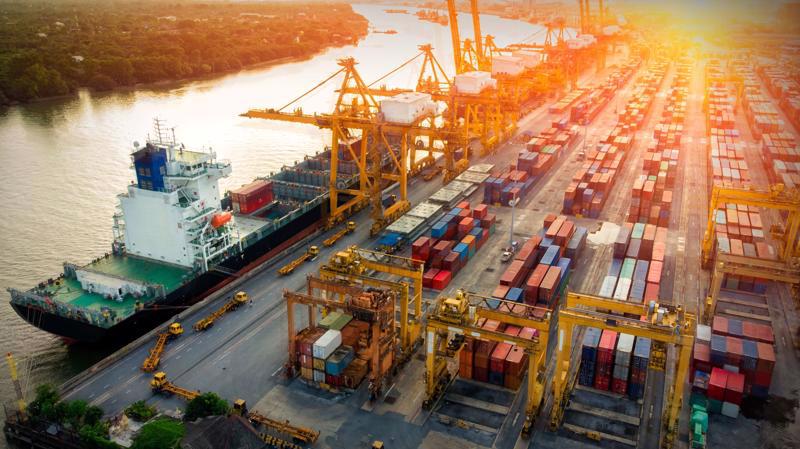Vietnamese firms faced high inflation levels and a slowing economy in 2023, in part due to macroeconomic uncertainty and a falling global demand for the country’s exports, but most Vietnamese companies remain optimistic, according to the Business Outlook Study 2024 (SMEs & Large Enterprises) conducted by Singapore-based United Overseas Bank (UOB).
The study surveyed over 4,000 companies across industries and seven markets, including 525 businesses in Vietnam, to capture the current business sentiments and support the firms to develop resilience and build growth.
Nearly one in two businesses believe the current environment is very positive, with the most positive sectors being business services (58%) and industrials, oil and gas (54%), according to the report.
Much like those across the region, Vietnamese businesses were impacted by various factors in 2023, with nearly four in 10 affected by high inflation levels and more than three in 10 challenged by fluctuating commodity prices and the overall economic slowdown.
Despite such pressures, local firms are still expecting a vastly improved performance in 2024. The most positive sectors are business services (44%) and wholesale trade (43%).
To enable growth, Vietnamese companies have identified key business priorities for the next one to three years. This includes diversifying supply chains (31%), sourcing for new partnerships (30%) and reducing costs (30%).
The report also reveals that with a keen eye on sustaining the post-pandemic revenue growth momentum, about four in five businesses are committed to broadening their reach.
To achieve this goal and tap into new customer bases, nine in 10 enterprises are increasingly exploring opportunities beyond domestic borders. Companies in industrials, oil and gas, as well as manufacturing and engineering are particularly interested in venturing abroad.
ASEAN and China are the primary destinations for expansion – Thailand, Singapore, and Cambodia top the list of preferred markets. However, venturing into international markets comes with its own set of challenges, including difficulties in customer acquisition, navigating legal and regulatory frameworks, and establishing strategic partnerships.
To meet these challenges, businesses are seeking connections with large corporations, enhanced tax incentives and access to funding for new market entry.
The report also states that Vietnam has emerged as the fastest growing digital economy in ASEAN, a trend projected to continue into 2025 and beyond.
The rapid increase in internet penetration, with more than 80% of the population now online, is fuelling the expansion of e-commerce and digital payments.
The report found that 90% of businesses, particularly those in technology, media, and telecommunications sectors, have embraced digital technologies.
Sustainability is as a key priority for businesses, with half of Vietnamese business respondents already implementing sustainable practices, according to the report.
Nine in 10 businesses recognize the importance of sustainability, especially those from the wholesale trade as well as the technology, media, and telecommunications sectors. According to the report, improved business reputation, investor attraction, and competitive advantage are factors that incentivize businesses to embrace sustainability practices.









 Google translate
Google translate